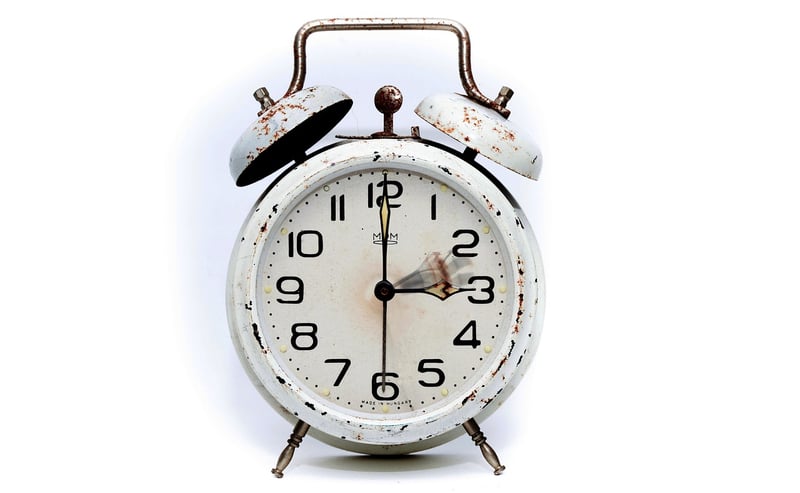Temporal Loops
Navigating Time Paradoxes and Temporal Loops
Time travel has long been a fascinating concept in science fiction, opening up a world of possibilities and complexities. One of the most intriguing aspects of time travel is the potential for time paradoxes and temporal loops.
What are Time Paradoxes?
A time paradox occurs when the past is altered in a way that is contradictory to the events that have already been established. This can lead to logical inconsistencies and a disruption in the timeline. One famous example is the grandfather paradox, where a time traveler goes back in time and prevents their grandfather from meeting their grandmother, thus preventing their own birth.
Understanding Temporal Loops
Temporal loops, also known as causal loops, are events in which a future event is the cause of a past event, which in turn is the cause of the future event. This creates a loop where the cause and effect are intertwined and have no clear origin.
Dealing with Time Paradoxes and Temporal Loops
When navigating time paradoxes and temporal loops, it is essential to consider the implications of altering the past and the potential consequences it may have on the future. Writers and creators often explore these concepts in various media, showcasing the complexities and moral dilemmas that arise from tampering with time.
Conclusion
Time paradoxes and temporal loops add layers of intrigue and complexity to the concept of time travel, challenging our understanding of cause and effect. Whether used for storytelling or philosophical pondering, these concepts continue to captivate audiences and spark discussions about the nature of time itself.


Explore more about time paradoxes and temporal loops in your favorite sci-fi novels, movies, and TV shows!
